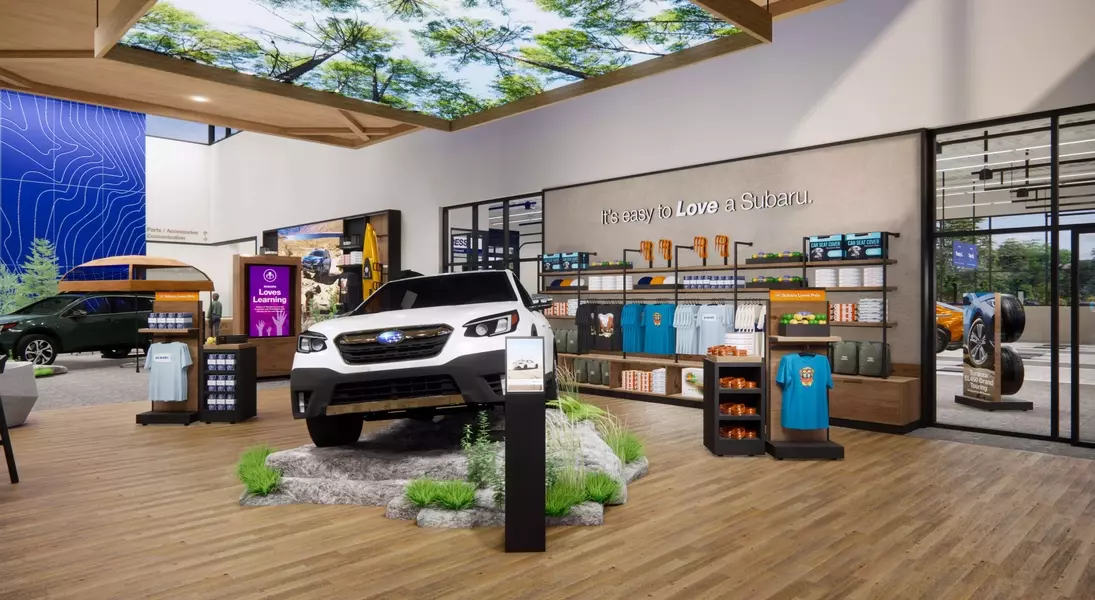
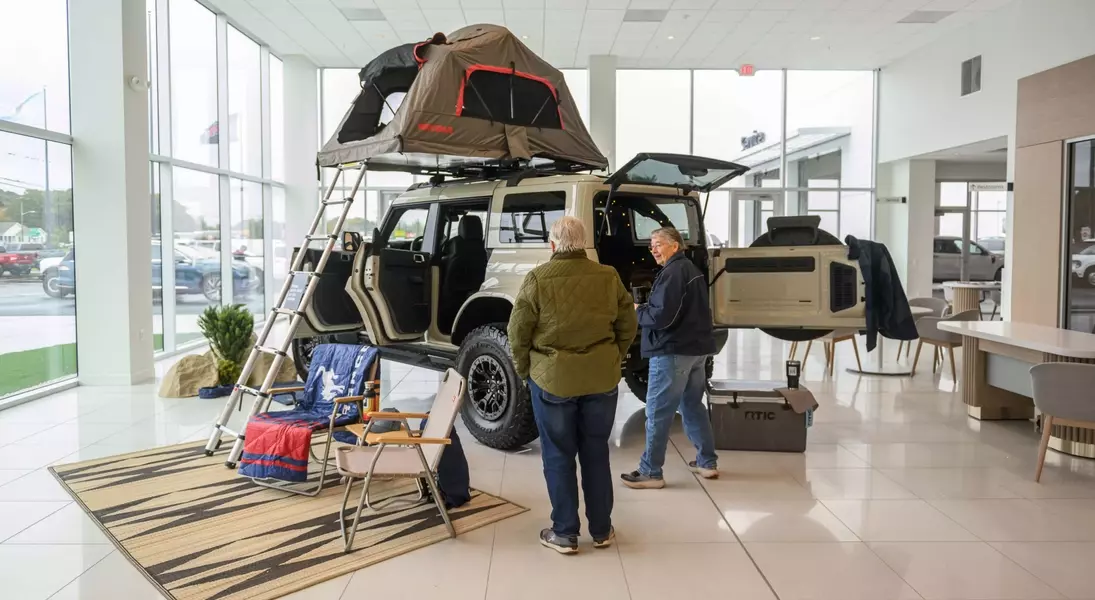
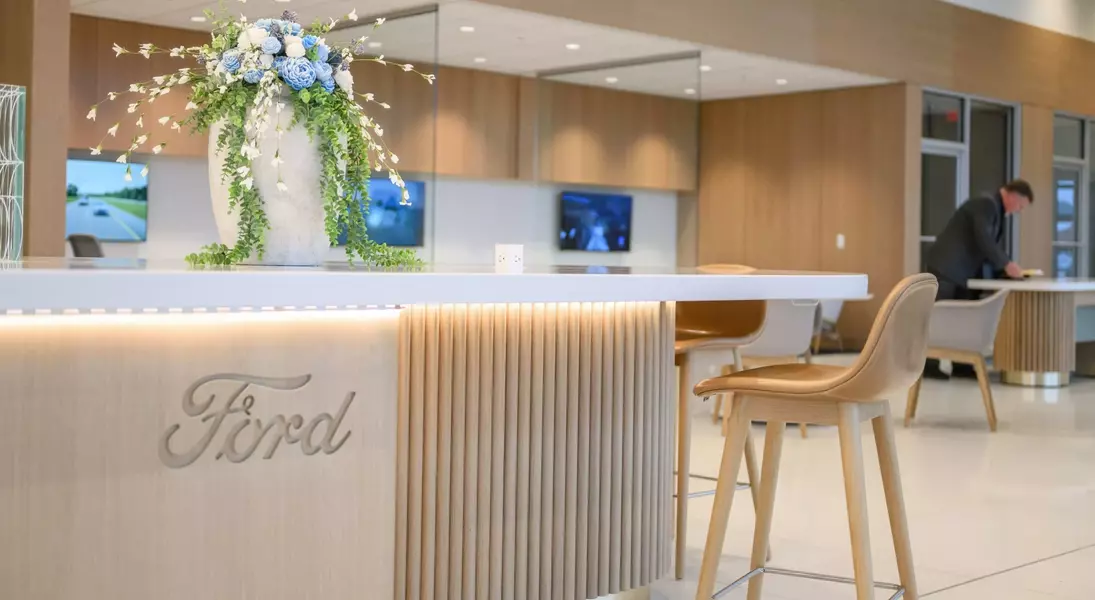
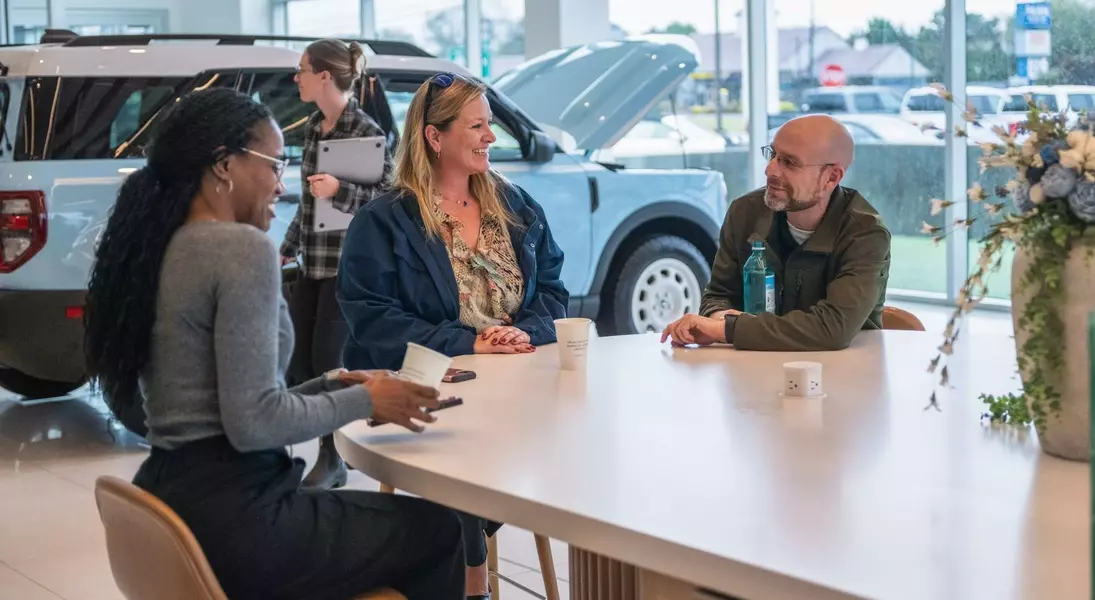
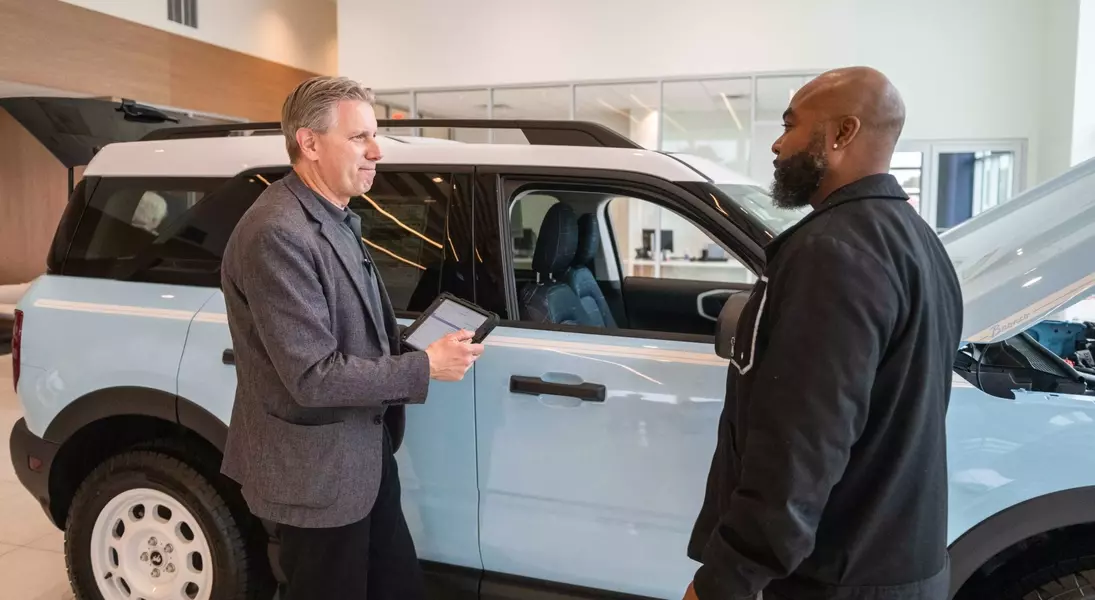
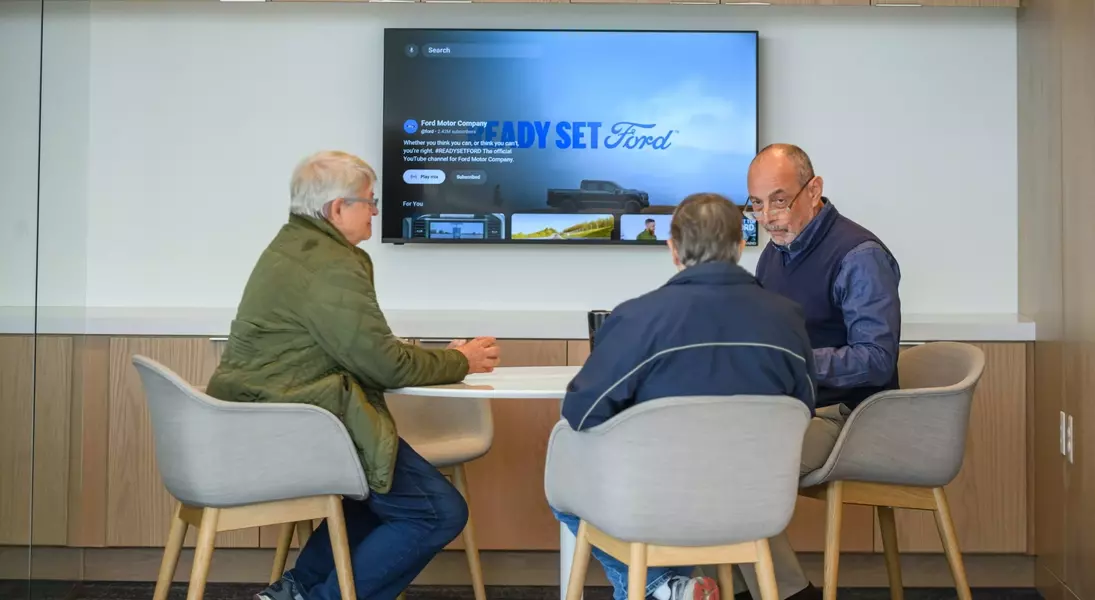
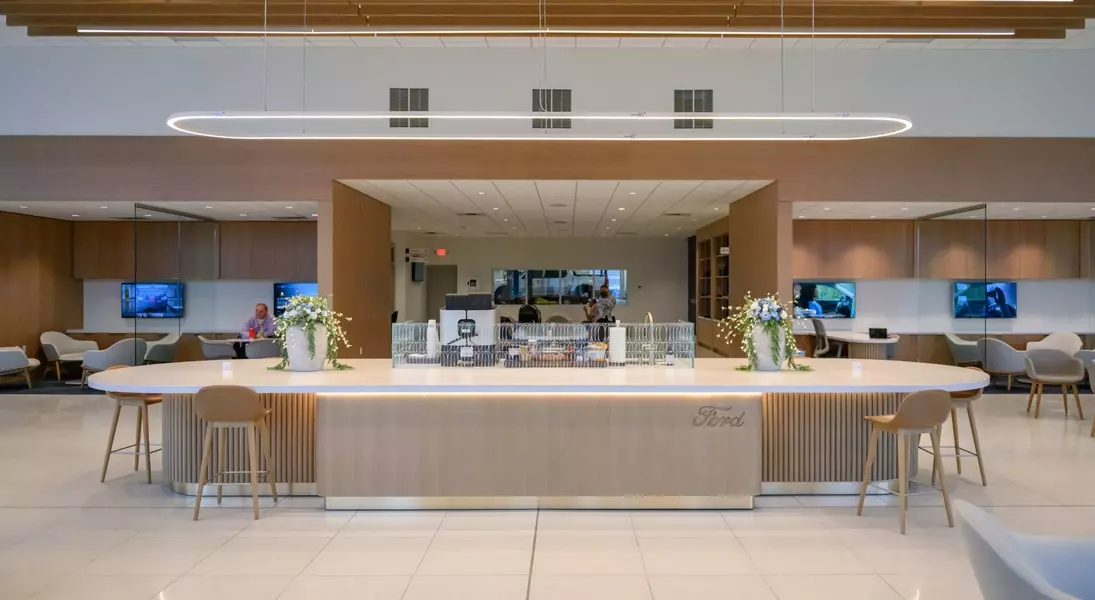
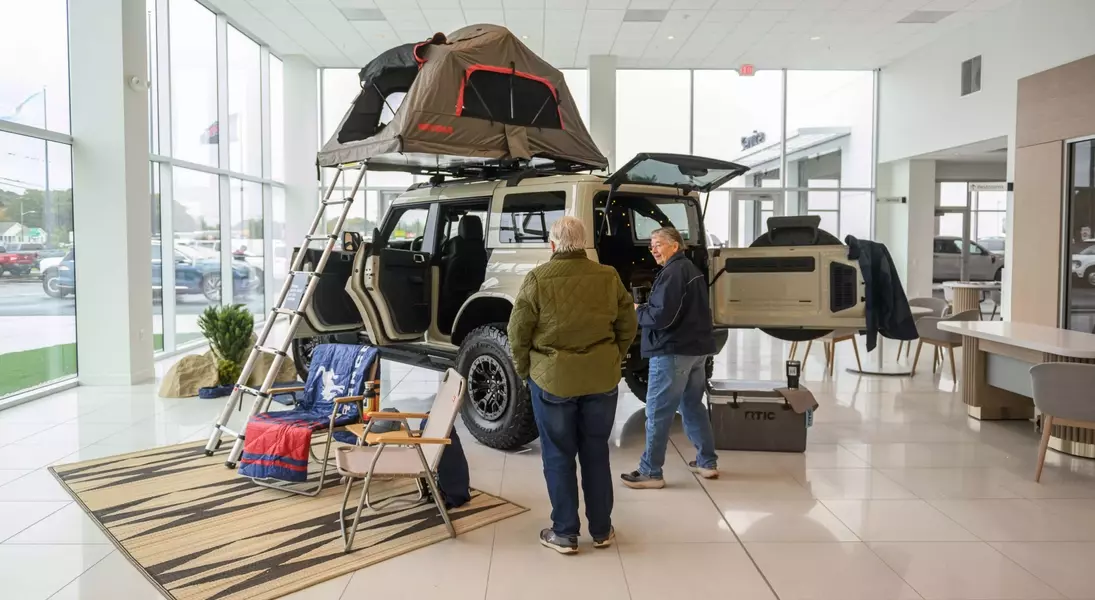
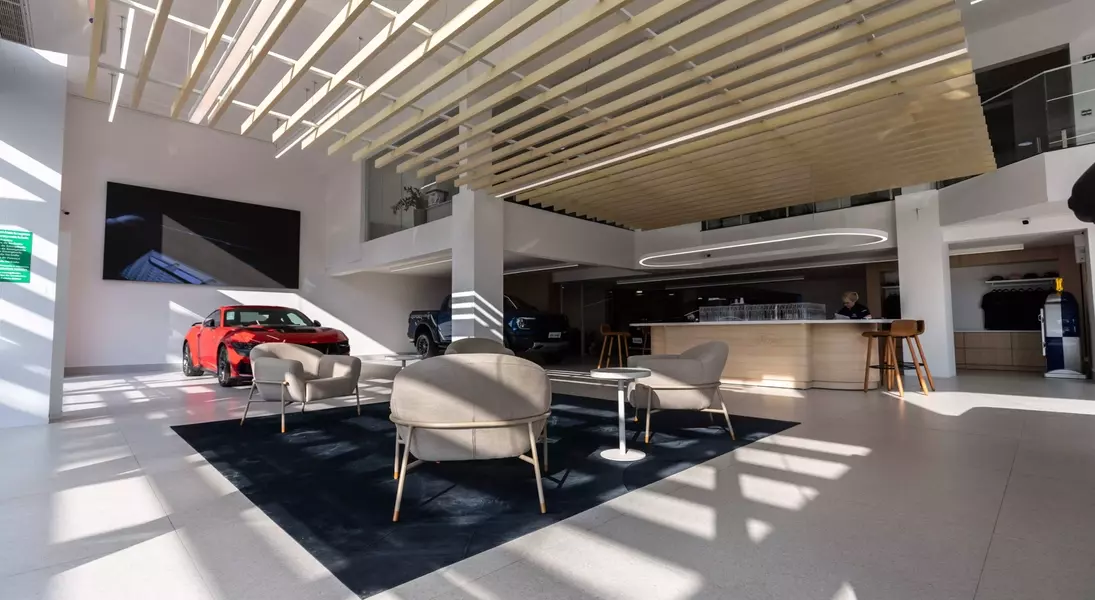
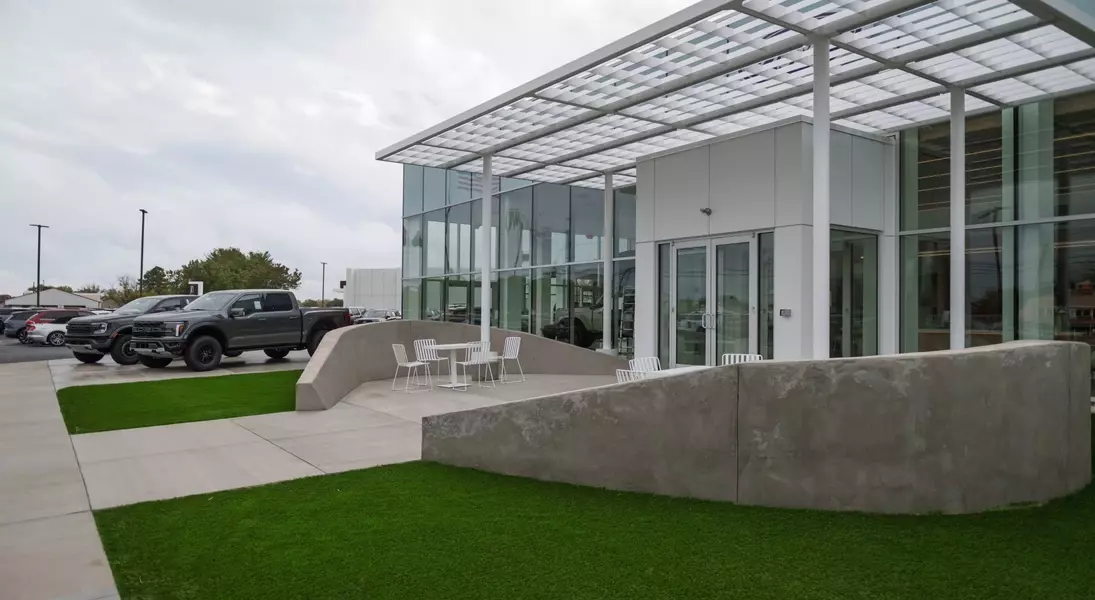


Ford is undertaking a significant overhaul of its global dealership experience with the introduction of "Signature 2.0." This ambitious program seeks to alleviate the anxieties often associated with car purchases by fostering an environment of hospitality, transparency, and convenience. By reimagining dealership layouts and redefining the roles of their staff, Ford aims to create a seamless and enjoyable journey for customers, whether they choose to shop in person or online. This forward-thinking approach, which includes enhanced physical spaces and innovative remote services, aligns with a broader industry trend to make car buying a more engaging and less daunting endeavor, as evidenced by similar initiatives from other major automakers like Subaru.
Ford Rolls Out "Signature 2.0" for a Transformed Car-Buying Journey
In a bold move to redefine the automotive retail landscape, Ford has unveiled its innovative "Signature 2.0" initiative, a global effort to revolutionize the customer experience at its dealerships worldwide. Unveiled on November 19, 2025, this program is the culmination of extensive research into behavioral science and human-centered design, aiming to build lasting relationships with car buyers by addressing long-standing pain points in the purchasing and servicing process.
Under the "Signature 2.0" banner, Ford dealerships are being redesigned to move beyond traditional sales floors, transforming into welcoming hospitality centers. The emphasis shifts from conventional salespeople to "brand ambassadors," who are meticulously trained to prioritize exceptional service, clear communication, and proactive anticipation of customer needs. These enhanced environments feature comfortable hospitality spaces where transactions and consultations can take place in a relaxed atmosphere, often accompanied by complimentary refreshments. The aesthetic transformation of these dealerships is striking, reminiscent of modern, consumer-friendly retail spaces with open layouts, large communal tables, and dynamic vehicle displays, moving away from enclosed cubicles towards more inviting common areas.
A core element of this transformation is the commitment to immersive brand experiences. Customers are invited to engage more deeply with Ford's products, allowing them to intimately "see, touch, and learn" about vehicles, their accessories, and cutting-edge technology. This hands-on approach aims to foster familiarity and confidence in potential buyers.
Beyond the sales floor, Ford is also significantly enhancing its service offerings for unparalleled convenience. For those who prefer to avoid waiting at the dealership, the new Pickup & Delivery service allows customers to have their vehicles collected for servicing and returned to a location of their choosing once maintenance is complete. Furthermore, the innovative Mobile Service dispatches certified Ford technicians directly to customers' homes or workplaces for select routine services. This commitment to remote service is already making a significant impact, with Ford reporting 3.8 million remote experiences globally by the third quarter of this year.
Ford's strategic pivot towards an elevated, customer-centric retail experience reflects a growing industry trend, with other major players like Subaru also embarking on similar transformations. Subaru of America, for instance, has introduced its "Connection Hub" concept, a complete redesign of its retailer network. This initiative aims to foster a stronger sense of community and brand immersion through interactive product displays, digital configurators, and inviting lounge areas, striving to create a more engaging and less transactional environment for both loyalists and new buyers alike.
The automotive industry's push to redefine the dealership experience marks a crucial step in aligning with evolving consumer expectations. For many, purchasing a vehicle has historically been a source of stress and apprehension, characterized by intricate negotiations and a perceived lack of transparency. While direct-to-consumer models from manufacturers like Tesla, Lucid, and Rivian offer an alternative, the traditional dealership still plays a vital role. The current shift, spearheaded by companies like Ford and Subaru, acknowledges the importance of creating a welcoming and informative environment. It recognizes that for a significant investment like a car, the ability to physically interact with the product and experience the brand firsthand remains invaluable, transforming what was once a dreaded chore into a more pleasant and engaging journey.
